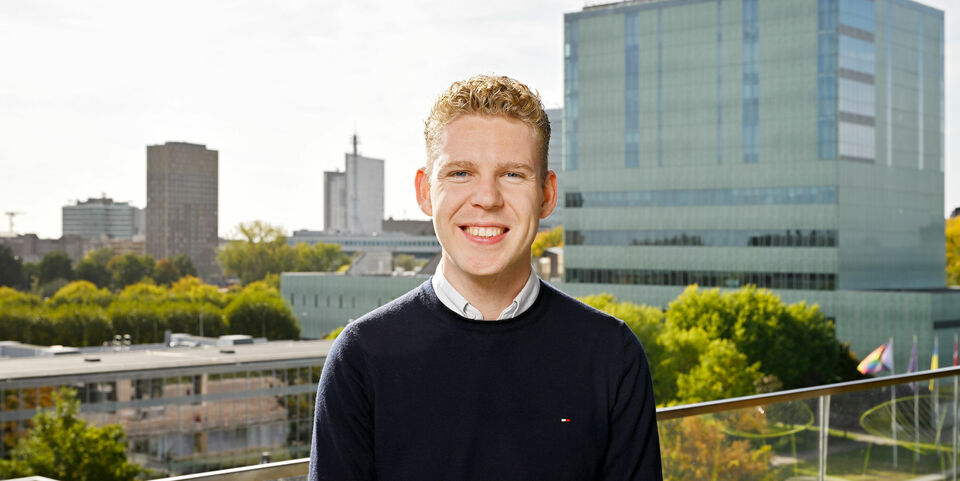Going up in the rankings
In recent years I have been involved in educational innovation. The aim of the education offered at our university is to deliver the 'engineers of the future’. These engineers must be able to act in a rapidly changing world and work on the challenges of tomorrow. To achieve this goal, we are continuously looking at how education could be improved. But this does not happen without a struggle.
At TU/e there are two deans, both made responsible by the Executive Board for educational innovation in both Bachelor College and Graduate School respectively. In turn, each program at our university also has a program director, responsible for delivering well-qualified, major-specific engineers. Finally, you have the support of ESA (Education and Student Affairs), where education policy officers, lawyers, and so on, play an active role. These three parties have to agree on what that future education will actually look like. The co-determination bodies are an important pawn in the game. They give advice on the plans and can be used as a platform to pick up and test ideas.
It is quite a challenge for the deans to get all these groups aligned and moving forward in the transition of education. There are an awful lot of interests that need to mesh well together. It takes time to do that and come to a final plan. And that's exactly where the problem lies: educational innovation is far too slow now at our university. To deliver the engineers of the future, you must be 'agile' as a university. The world is now changing faster than education can change with it, and that's not good for rankings.
What can you do about this? I and a few fellow students came up with the following three analyses and tips:
1. Program director is a 'side job’. Most program directors are moreover holding a position as professor. This makes their availability for discussing and realizing educational innovation limited. As a result, it takes more time to let all program directors converge in the innovation process. If you make program director a dedicated full-time job, there would be more time for discussion and converging; most likely speeding up the process.
2. Program directors put the interests of their program above the interests of the engineer of the future. Often during program directors' meetings, I have heard monologues that began with "for a BMT student..., for an Electrical Engineering student...". In my opinion, for a concept such as Bachelor College and Graduate School to shine, there needs to be more focus on the broader picture of what a TU/e engineer should be. The Strategy 2030 talks about students that think systematically and act skillfully. This, because the challenges and jobs of the future will be incredibly cross-disciplinary. I understand that it is sometimes difficult for a program director - usually a professor - someone who is completely submerged in the discipline they represent.
3. Innovation proposals should be supported by research. To get professors ehh.... program directors along, proposals for change underpinned by scientific research, might create a bit more traction. Some of the proposed changes are also based on research and best practices; TU/e’s policy makers are obviously not going to reinvent the wheel. Still, this does not come up enough in my experience. Sometimes, it does feel like we are trying to reinvent the wheel.
In conclusion, it has become almost a mission-impossible for the deans to create change in this environment. I believe things can be made easier and faster. It must be faster if TU/e wants to continue to deliver high quality engineers of the future that can make the Brainport, and far beyond, a little nicer. If we don't move along fast enough, we should be wary of TU/e's position in the rankings.


Discussion